Business
Justice Centre launches new petition: Keep cash legal and accessible. Stop Bill C-2
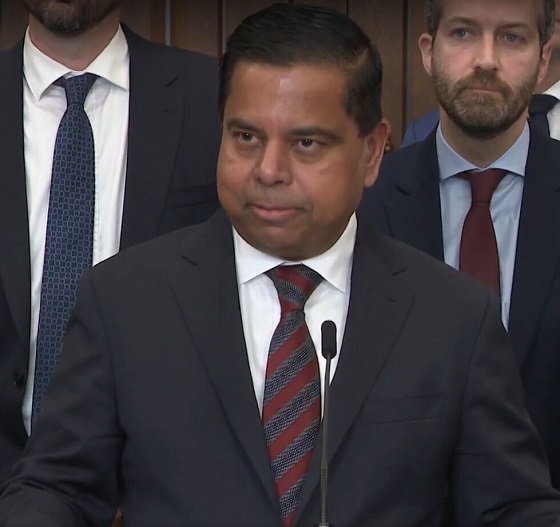
Public Safety Minister Gary Anandasangaree speaks to Bill C-2 (Screenshot from CBC video)
The Justice Centre for Constitutional Freedoms has launched a petition calling upon the Prime Minister of Canada to strike the criminalization of cash payments of $10,000 or more from Bill C-2 and to introduce legislation protecting the right of Canadians to use cash of any amount for legal transactions.
Public Safety Minister Gary Anandasangaree introduced Bill C-2, or the Strong Borders Act, in the House of Commons on June 3, 2025. According to a Government of Canada statement, Bill C-2 will equip law enforcement with tools to secure borders and to combat crime, the drug trade, and money laundering.
Buried deep within the Bill, however, are provisions that would make it a criminal offence for businesses, professionals, and charities to accept cash payments of $10,000 or more in a single transaction or in a series of related transactions.

Bill C-2 at page 59
Justice Centre President John Carpay warns that the criminalization of cash transactions threatens the privacy, freedom of expression, and autonomy of all Canadians. When cash transactions are criminalized, governments, banks, and law enforcement can track and interfere with legitimate purchases and donations.
“We must not criminalize everyday Canadians for using physical currency. Once $10,000 is criminalized, it will be all too easy for future governments to lower the threshold to $5,000, then $1,000, and eventually nothing.”
Bill C-2 is just one point in a concerning anti-cash trend in Canada.
Quebec’s controversial Bill 54, passed into law in March 2024, allows police to assume that any person carrying $2,000 or more in cash is connected to criminal activity. Officers can seize the cash, and citizens must prove their innocence to get the cash back.
“Restricting the use of cash is a dangerous step towards tyranny,” continued Mr. Carpay. “Cash protects citizens from surveillance by government and banks, credit card companies, and other corporations. In a free society, violating the right of law-abiding citizens to use cash is not the answer to money laundering or the drug trade.”
Signers of the petition call upon the Prime Minister of Canada to strike the criminalization of cash payments from Bill C-2.
Signers of the petition also call upon the Prime Minister of Canada to introduce legislation that protects Canadians’ right to use cash of any amount for legal transactions.
Business
Health-care costs for typical Canadian family will reach over $19,000 this year
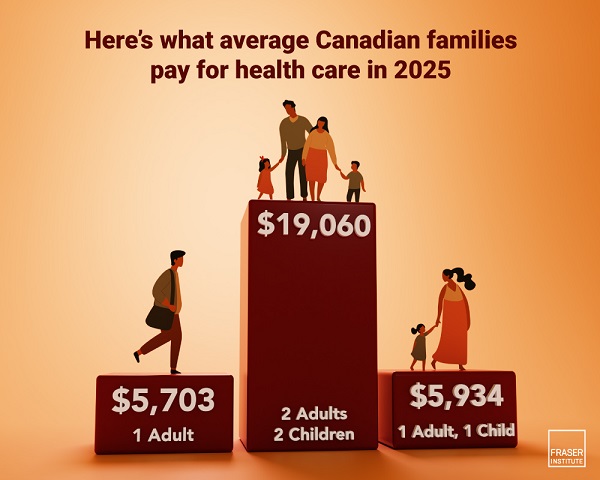
From the Fraser Institute
By Nadeem Esmail, Nathaniel Li and Milagros Palacios
A typical Canadian family of four will pay an estimated $19,060 for public health-care insurance this year, finds a new study released today by the Fraser Institute, an independent, non-partisan Canadian public policy think-tank.
“Canadians pay a substantial amount of money for health care through a variety of taxes—even if we don’t pay directly for medical services,” said Nadeem Esmail, director of health policy studies at the Fraser Institute and co-author of The Price of Public Health Care Insurance, 2025.
Most Canadians are unaware of the true cost of health care because they never see a bill for medical services, may only be aware of partial costs collected via employer health taxes and contributions (in provinces that impose them), and because general government revenue—not a dedicated tax—funds Canada’s public health-care system.
The study estimates that a typical Canadian family consisting of two parents and two children with an average household income of $188,691 will pay $19,060 for public health care this year. Couples without dependent children will pay an estimated $17,338. Single Canadians will pay $5,703 for health care insurance, and single parents with one child will pay $5,934.
Since 1997, the first year for which data is available, the cost of healthcare for the average Canadian family has increased substantially, and has risen more quickly than its income. In fact, the cost of public health care insurance for the average Canadian family increased 2.2 times as fast as the cost of food, 1.6 times as fast as the cost of housing, and 1.6 times as fast as the average income.
“Understanding how much Canadians actually pay for health care, and how much that amount has increased over time, is an important first step for taxpayers to assess the value and performance of the health-care system, and whether it’s financially sustainable,” Esmail said.
The Price of Public Health Care Insurance, 2025
- Canadians often misunderstand the true cost of our public health care system. This occurs partly because Canadians do not incur direct expenses for their use of health care, and partly because Canadians cannot readily determine the value of their contribution to public health care insurance.
- In 2025, preliminary estimates suggest the average payment for public health care insurance ranges from $5,213 to $19,060 for six common Canadian family types, depending on the type of family.
- Between 1997 and 2025, the cost of public health care insurance for the average Canadian family increased 2.2 times as fast as the cost of food, 1.6 times as fast as the average income, and 1.6 times as fast as the cost of shelter. It also increased much more rapidly than the average cost of clothing, which has fallen in recent years.
- The 10 percent of Canadian families with the lowest incomes will pay an average of about $702 for public health care insurance in 2025. The 10 percent of Canadian families who earn an average income of $88,725 will pay an average of $8,292 for public health care insurance, and the families among the top 10 percent of income earners in Canada will pay $58,853.
Alberta
Yes Alberta has a spending problem. But it has solutions too
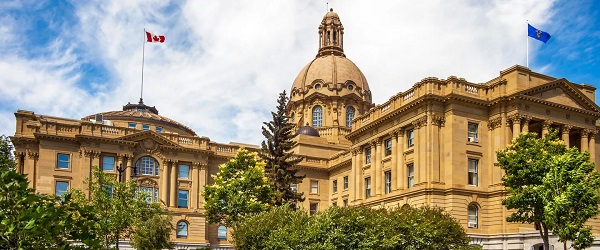
From the Fraser Institute
By Tegan Hill and Milagros Palacios
The Smith government’s recent fiscal update sparked concerns as once again the province has swung from budget surpluses to a budget deficit. To balance the budget, Finance Minister Nate Horner has committed to address the spending side and will “look under every stone” before considering the revenue side, and this is the right approach. Alberta’s fiscal challenges are a spending problem, not a revenue problem.
For perspective, if program spending had grown by inflation and population over the past two decades, it would be $55.6 billion in 2025/26 rather than the actual $76.4 billion. So, while the Smith government has demonstrated important restraint in recent years, total program spending and per person (inflation-adjusted) program spending is still materially higher in 2025/26 than in previous periods.
Alberta’s high spending is fuelling the projected $6.5 billion deficit. Consider that at the alternative spending level ($55.6 billion) Alberta would be enjoying a large budget surplus of $14.4 billion in 2025/26—rather than adding to the province’s red ink.
Despite this, the discussion around deficits often revolves around volatile resource revenue (e.g. oil and gas royalties). It’s true—resource revenue has declined year over year and that has an impact on the budget. But again, it’s not the underlying problem. The problem is successive governments have increased spending during good times of relatively high resource revenue to levels that are unsustainable without incurring deficits when resource revenue inevitably declines. In other words, the fiscal framework for the provincial government relies too heavily on volatile resource revenues to balance its budget.
As a share of the economy, non-resource revenue (e.g. personal income and business income) averaged 12.5 per cent over the last decade (2016/17 to 2025/26) compared to 11.1 per cent between 2006/07 to 2015/16. In other words, Alberta is collecting a larger share of non-resource revenues than in the past as a share of the economy. This statistic alone makes it difficult to argue that the province has a revenue problem.
So, what can the government do to rein in its spending?
Government employee compensation typically accounts for nearly 50 per cent of the Alberta government’s operating spending. From 2019 to 2024, the number of provincial government jobs in Alberta increased by 46,500. Over that period, total compensation for provincial government jobs jumped from $24.2 billion to $29.5 billion. Put differently, government compensation now costs $5.3 billion more annually than pre pandemic. The government should reduce the number of government jobs back to pre-pandemic levels through attrition and a larger program review.
Business subsidies (a.k.a. corporate welfare) is another clear area for reform. Business subsidies consume a meaningful share of each ministries‘ annual budget costing billions of dollars. For example, in 2024/25, grants were the second-largest expense for the ministry of environment at $182.0 million and the largest expense for the ministry of arts, culture and status of women at $154.2 million. For the ministry of energy and minerals, grants totalled $166.3 million in 2024/25. With more than 25 ministries, the provincial government could find meaningfully savings by requiring that each to closely examine their budgets and eliminate business subsidies to yield savings.
The Smith government’s recent fiscal update rung the alarm bells, but to fix the province’s fiscal challenges, one must first understand the underlying problem—Alberta has a spending problem. Fortunately, there are some clear first steps to tackle it.
-

 Censorship Industrial Complex2 days ago
Censorship Industrial Complex2 days agoFreedom of speech under threat on university campuses in Canada
-

 Alberta1 day ago
Alberta1 day agoOttawa’s destructive federal energy policies and Premier Danielle Smith’s three part solution
-

 Business2 days ago
Business2 days agoCarney engaging in Orwellian doublethink with federal budget rhetoric
-

 Alberta2 days ago
Alberta2 days agoIs Alberta getting ripped off by Ottawa? The numbers say yes
-
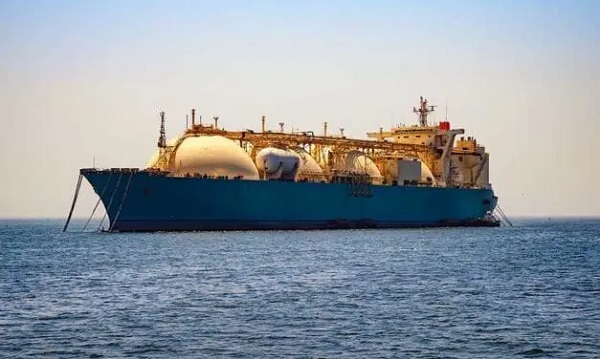
 Energy2 days ago
Energy2 days agoCanada’s LNG breakthrough must be just the beginning
-

 Business2 days ago
Business2 days agoCourt’s ‘Aboriginal title’ ruling further damages B.C.’s investment climate
-
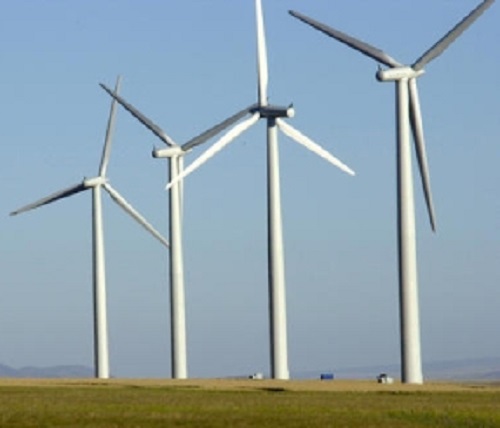
 Agriculture1 day ago
Agriculture1 day agoIn the USA, Food Trumps Green Energy, Wind And Solar
-

 Business2 days ago
Business2 days agoManitoba Must Act Now To Develop Its Northern Ports



